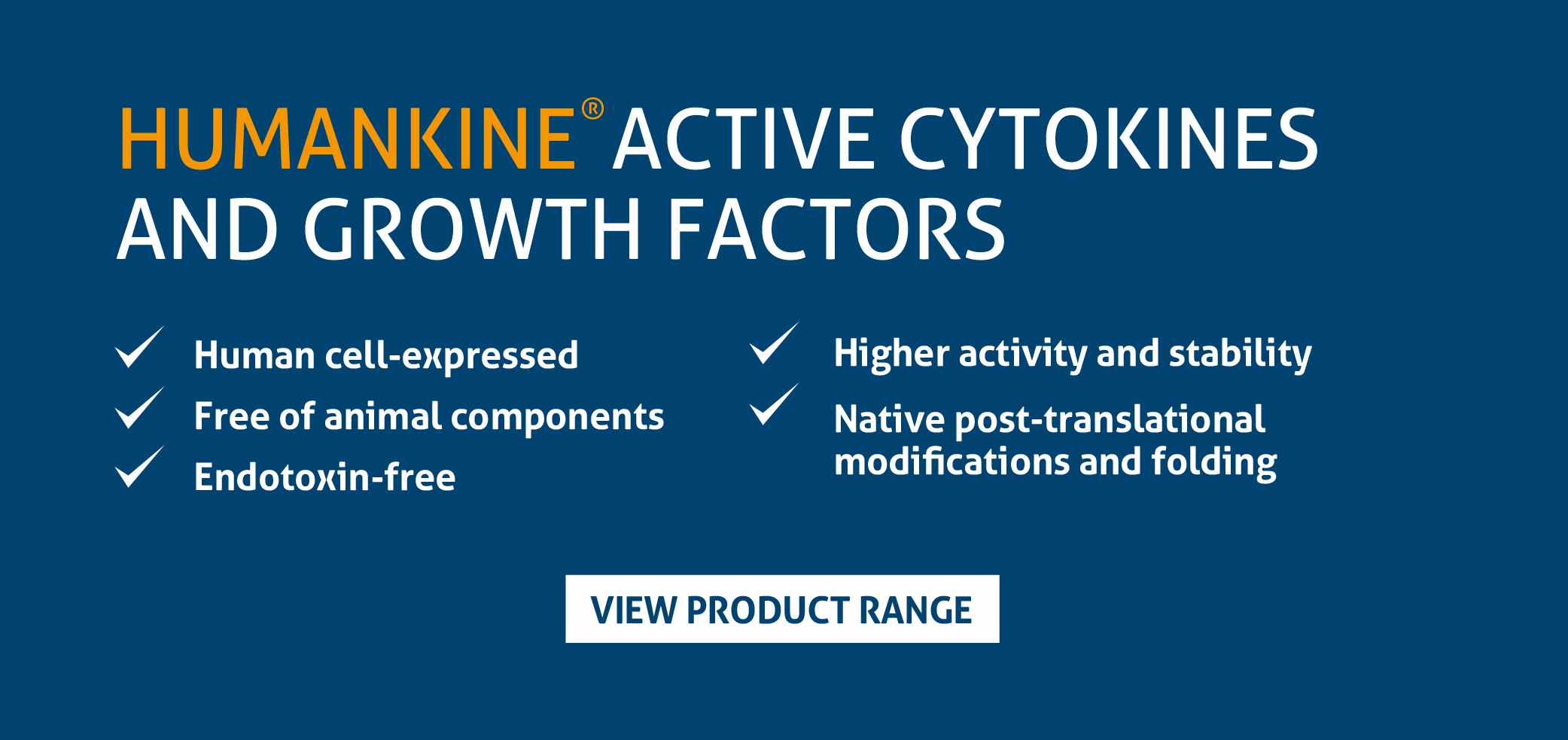HSA: Human serum albumin
Human serum albumin’s (HSA) importance in biology and biotech
Human serum albumin (HSA) is the most abundant protein in the blood and has many vital biological roles. It is a vehicle for a host of small molecules and proteins, regulates oncotic pressure, and performs the majority of antioxidation in the body. In medicine, it is broadly used for the treatment of hypovolemia, shock, burns, severe blood loss, hemorrhage, and liver disease. In biotechnology applications, it is used to enhance drug delivery and in maintaining cell culture (1).
The demand for HSA exceeds 500 tons (1). Currently, the majority is collected from humans, but yields are low, and there are risks of infectious agent transmission. There have been efforts to create recombinant sources, including mice (2), cows (3), and rice (4). However, international regulations are pushing xenobiotic and animal component-free production to ensure safety for human use (1). Besides adhering to these rules,Humankine HSA is scalable for GMP production, making it ideal for industrial applications.
Proteintech’s Humankine® HSA
Proteintech’s Humankine® HSA is made from HEK293 human cells, conferring authentic glycosylation and folding in addition to superior stability and activity.
| Product name | Catalog number | ED50 | Purity |
| Recombinant human HSA protein | HZ-3001 | N/A | >95% |
References
Related Content
cGMP Grade Cytokines & Growth Factors
Cytokines and Growth Factors: Why you should give a HEK
FGF Basic-TS: No media changes required over the weekend
Why human cell expressed proteins are superior for clinical applications
What do you get when you buy a GMP-grade product?
Considerations when choosing recombinant proteins for your research applications
HumanKine® Growth Factors are the perfect tool for your cerebral organoid research

Support
Newsletter Signup
Stay up-to-date with our latest news and events. New to Proteintech? Get 10% off your first order when you sign up.

